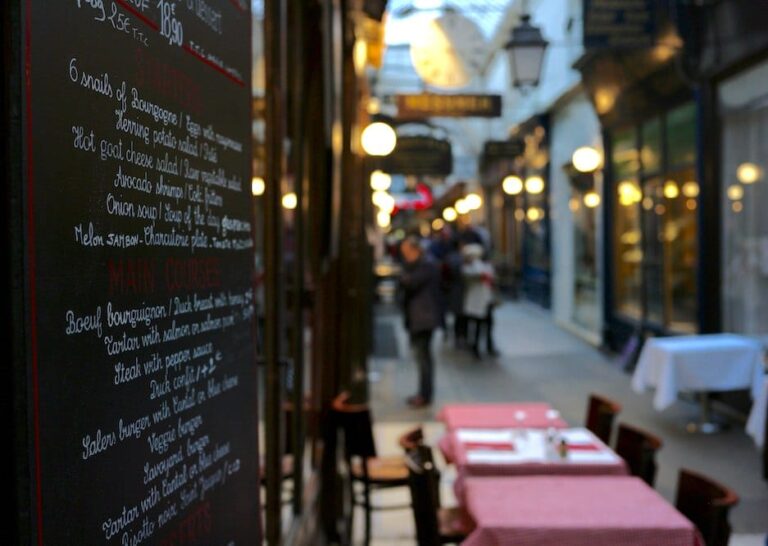regular -ir verbs
French verbs that end in “ir” follow a regular pattern for their conjugation in the present tense and the passé composé. A good example is the verb “finir,” which means “to finish.”
Regular -ir verbs present tense endings
| Person | Ending |
|---|---|
| je | -is |
| tu | -is |
| il/elle/on | -it |
| nous | -issons |
| vous | -issez |
| ils/elles | -issent |
Finir conjugated
Present tense:
je finis
tu finis
il/elle/on finit
nous finissons
vous finissez
ils/elles finissent
In the passé composé, these verbs use the auxiliary verb “avoir” plus the past participle, which is formed by replacing “ir” with “i.”
Passé composé:
j’ai fini
tu as fini
il/elle/on a fini
nous avons fini
vous avez fini
ils/elles ont fini
Examples using “finir”
Je finis mes devoirs.
I am finishing my homework.
Tu finis toujours avant moi.
You always finish before me.
Il finit son café et part travailler.
He finishes his coffee and goes to work.
Nous finissons ce projet demain.
We are finishing this project tomorrow.
Vous finissez le livre ce soir ?
Are you finishing the book tonight?
Elles finissent leurs études cette année.
They are finishing their studies this year.
J’ai fini le rapport hier.
I finished the report yesterday.
Tu as fini ton repas ?
Did you finish your meal?
Nous avons fini à temps.
We finished on time.
Other examples
Choisir (to choose)
Je choisis ce film.
I choose this movie.
Ils choisissent toujours bien.
They always choose well.
Nous avons choisi la couleur bleue.
We chose the blue colour.
Réussir (to succeed)
Il réussit à résoudre le problème.
He succeeds in solving the problem.
Avez-vous réussi l’examen ?
Did you pass the exam?
Grossir (to gain weight)
Elle grossit quand elle mange trop de chocolat.
She gains weight when she eats too much chocolate.
Les chats grossissent en hiver.
The cats gain weight in winter.
Maigrir (to lose weight)
Il maigrit grâce au sport.
He is losing weight thanks to sport.
As-tu maigri ?
Did you lose weight?
Obéir (to obey)
Les enfants obéissent à leurs parents.
The children obey their parents.
La femme obéit à son mari.
The wife obeys her husband.
Nous obéissons toujours aux règles.
We always obey the rules.
Ralentir (to slow down)
Tu ralentis quand tu vois un panneau stop.
You slow down when you see a stop sign.
Le train ralentit avant la gare.
The train slows down before the station.
Most frequently used regular -ir verbs
- finir (to finish)
- choisir (to choose)
- réussir (to succeed, to pass an exam)
- grandir (to grow)
- grossir (to gain weight)
- maigrir (to lose weight)
- obéir (to obey)
- punir (to punish)
- réfléchir (to think, to reflect)
- remplir (to fill)
- ralentir (to slow down)
- établir (to establish)
- bâtir (to build)
- unir (to unite)
- applaudir (to applaud)
- rougir (to blush)
All of these follow the same pattern as “finir” in the present tense and the passé composé.






